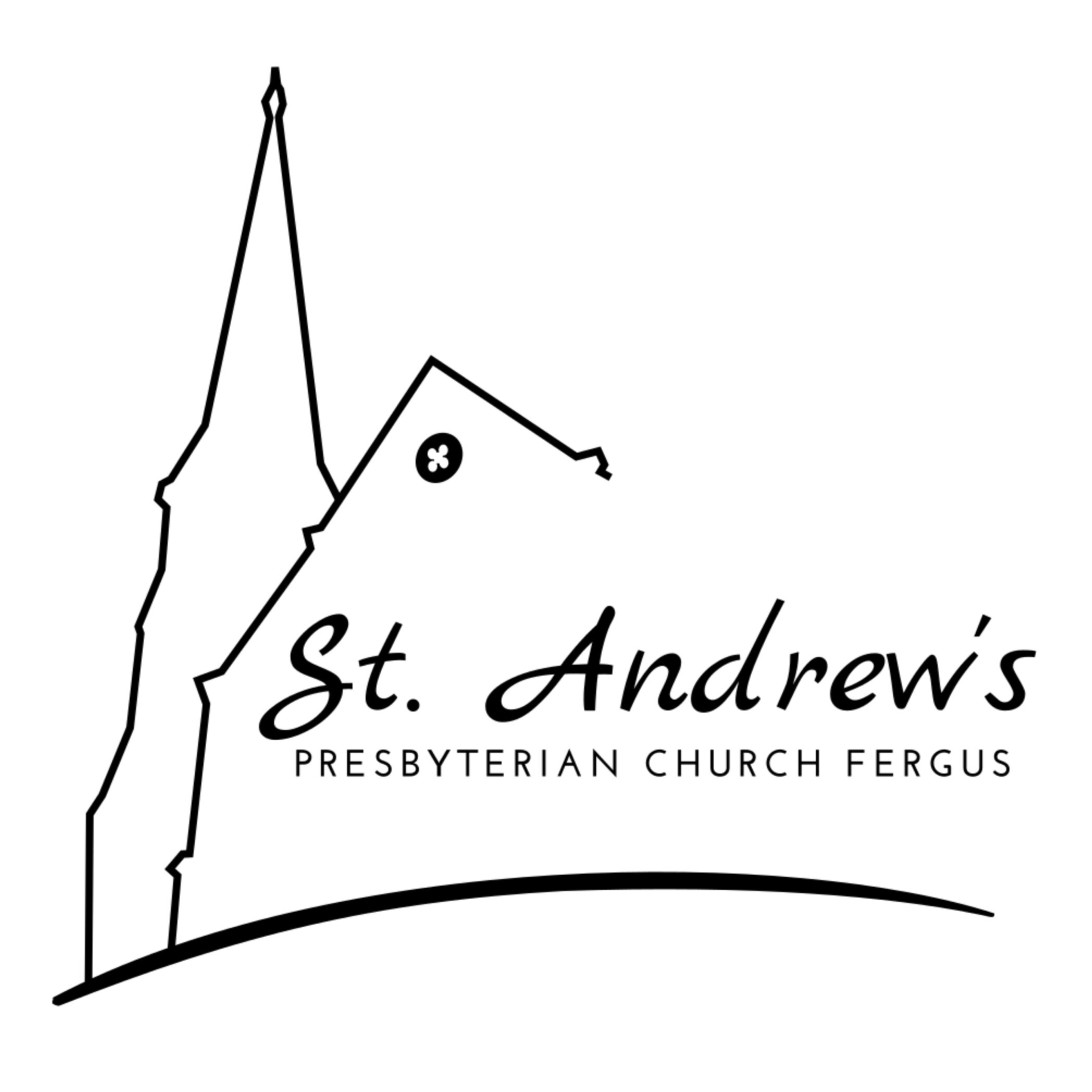Plagues 5, 6, 7 : Resisting God’s plan is unwise
Exodus 9 (selected verses)
9 Then the Lord said to Moses, ‘Go to Pharaoh, and say to him, “Thus says the Lord, the God of the Hebrews: Let my people go, so that they may worship me. 2 For if you refuse to let them go and still hold them, 3 the hand of the Lord will strike with a deadly pestilence your livestock in the field: the horses, the donkeys, the camels, the herds, and the flocks. 4 But the Lord will make a distinction between the livestock of Israel and the livestock of Egypt, so that nothing shall die of all that belongs to the Israelites.”’…7 Pharaoh inquired and found that not one of the livestock of the Israelites was dead. But the heart of Pharaoh was hardened, and he would not let the people go.
8 Then the Lord said to Moses and Aaron, ‘Take handfuls of soot from the kiln, and let Moses throw it in the air in the sight of Pharaoh. 9 It shall become fine dust all over the land of Egypt, and shall cause festering boils on humans and animals throughout the whole land of Egypt.’…12 But the Lord hardened the heart of Pharaoh, and he would not listen to them, just as the Lord had spoken to Moses.
13 Then the Lord said to Moses,…”say to Pharaoh, “Thus says the Lord, the God of the Hebrews: Let my people go, so that they may worship me….15 For by now I could have stretched out my hand and struck you and your people with pestilence, and you would have been cut off from the earth. 16 But this is why I have let you live: to show you my power, and to make my name resound through all the earth. 17 You are still exalting yourself against my people, and will not let them go. 18 Tomorrow at this time I will cause the heaviest hail to fall that has ever fallen in Egypt from the day it was founded until now.”…20 Those officials of Pharaoh who feared the word of the Lord hurried their slaves and livestock off to a secure place. 21 Those who did not regard the word of the Lord left their slaves and livestock in the open field….
25 The hail struck down everything that was in the open field throughout all the land of Egypt, both human and animal; the hail also struck down all the plants of the field, and shattered every tree in the field. 26 Only in the land of Goshen, where the Israelites were, there was no hail.
27 Then Pharaoh summoned Moses and Aaron, and said to them, ‘This time I have sinned; the Lord is in the right, and I and my people are in the wrong. 28 Pray to the Lord! Enough of God’s thunder and hail! I will let you go; you need stay no longer.’ 29 Moses said to him, ‘As soon as I have gone out of the city, I will stretch out my hands to the Lord; the thunder will cease, and there will be no more hail, so that you may know that the earth is the Lord’s. 30 But as for you and your officials, I know that you do not yet fear the Lord God.’…34 But when Pharaoh saw that the rain and the hail and the thunder had ceased, he sinned once more and hardened his heart, he and his officials.
In this chapter God lays out his plan – putting it clearly to Pharaoh: “I could have destroyed you by now – but instead I am going to show you and the rest of the world just what I can do.”
The livestock of Egypt were killed by a disease – but none of the livestock of the Israelites were impacted. Pharaoh even checked to see if what God had said would happen actually happened. And it did. But that has no impact on Pharaoh, because Pharaoh is stubborn.
And then come the boils on all the people and remaining animals of Egypt – people are in agony. God is now fully engaged in proving that God is capable of humbling the most powerful and most stubborn of people.
God’s charge against Pharaoh is simple – “You are placing yourself above my people and my plans for my people.” By the seventh plague Pharaoh knows what God wants him to do, but Pharaoh continues to resist. Pharaoh will be made an example of because he was trying to block God’s plan from being unfolded. Pharaoh paid a very high price for his hard heart, the nation of Egypt was also paying a high price for its leader’s stubbornness. To stand against what is the known plan of God is serious business with serious consequences. The consequences may not be immediate, but there will be consequences.
Pharaoh had advisers and other staff around him, who when they heard that the violent hailstorm was coming took precautions, they believed that God would do what God said God would do.
Pharaoh appears to break in vs. 28, saying to Moses, “This time I have sinned, I will let you go.” But when the storm was over Pharaoh changed his mind. When things are good Pharaoh “forgot” the promises he made when things were tough.
PRAYER :
God of power and might, often we think we are smarter than you, that we know better than you, that our plans are best. Teach us the humility to be willing to live by your timetable and your plan. In Jesus’ name. Amen.
